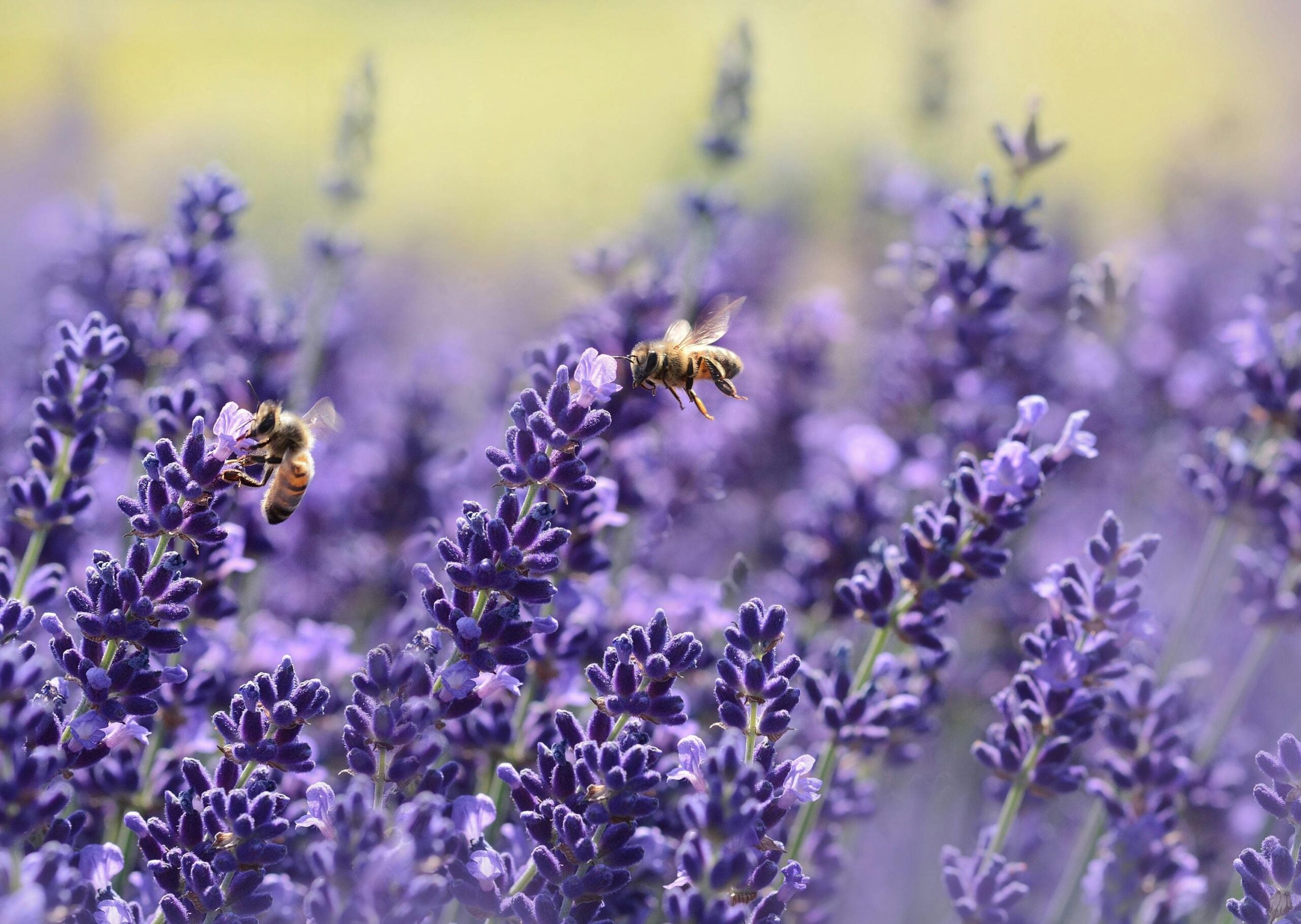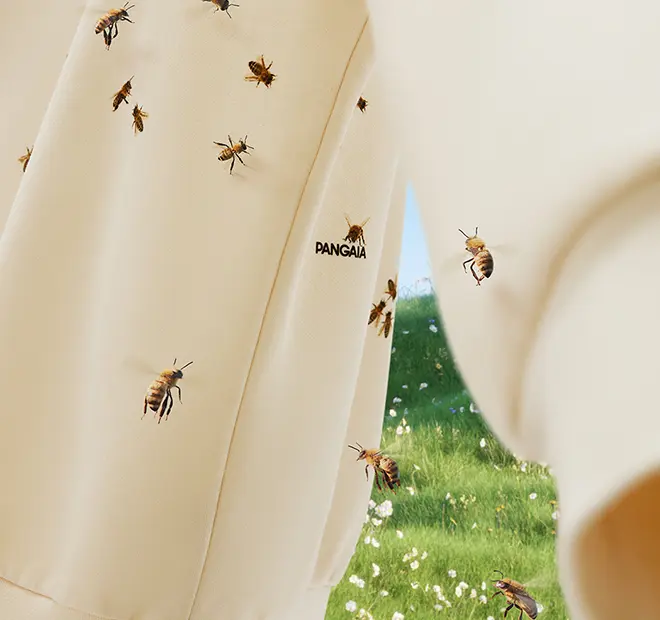Together, let's bring the buzz back.
Bee:wild is a science-powered, not-for-profit movement driven by one mission. Together, we can fill our cities, gardens, and farms with life again.
Donateopens in new tab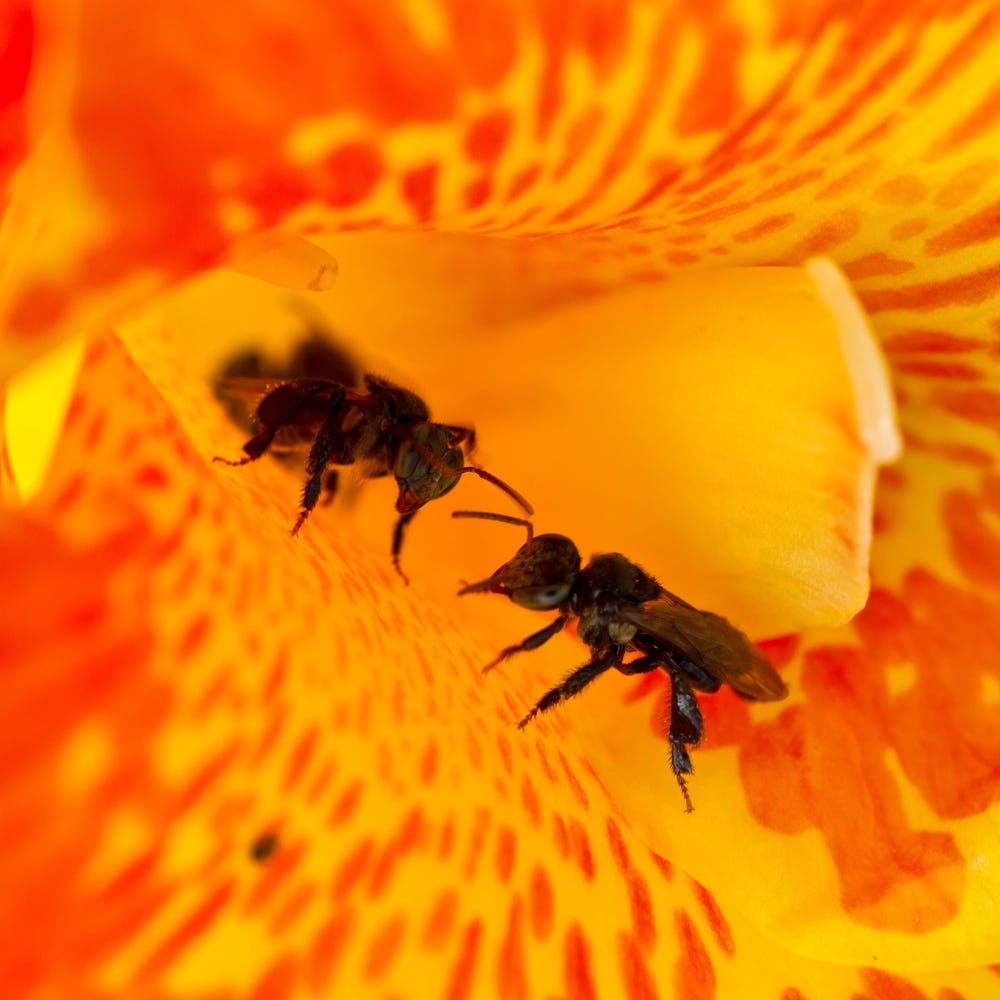
Tell Peru: Grant legal rights to stingless bees.
Stand with the Stingless Bees




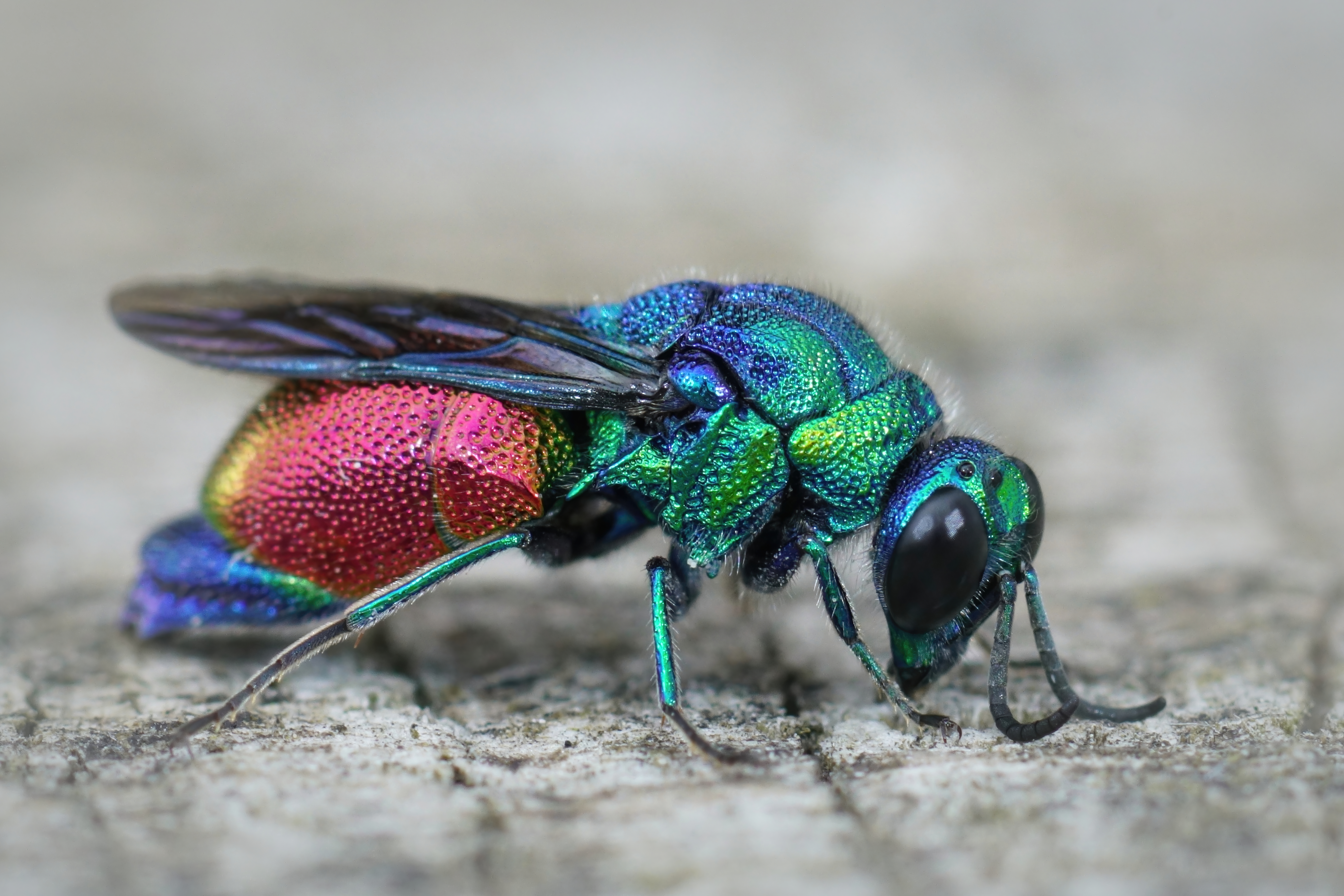




Meet the tiny heroes behind your daily life.
Wild bees are the unsung heroes of our ecosystems but, pollination is a team effort. From moonlit moths to hoverflies disguised as bees, a whole cast of heroes keeps nature in motion.
The buzz is disappearing — but we can bring it back.
Pollinators face big challenges, but there’s hope. Explore the vital role they play and the opportunities to help them thrive.
20,000+
bee species exist, but only 12 are honey bees
1 in 4
wild bee species are threatened with extinction
13
wild bees have already become extinct in the U.K.
100+ million
outdoor spaces with the potential to be pollinator-friendly havens exist worldwide
Our Partners
Together, we’re turning groundbreaking science into actionable solutions and inspiring meaningful, lasting change.
Latest news
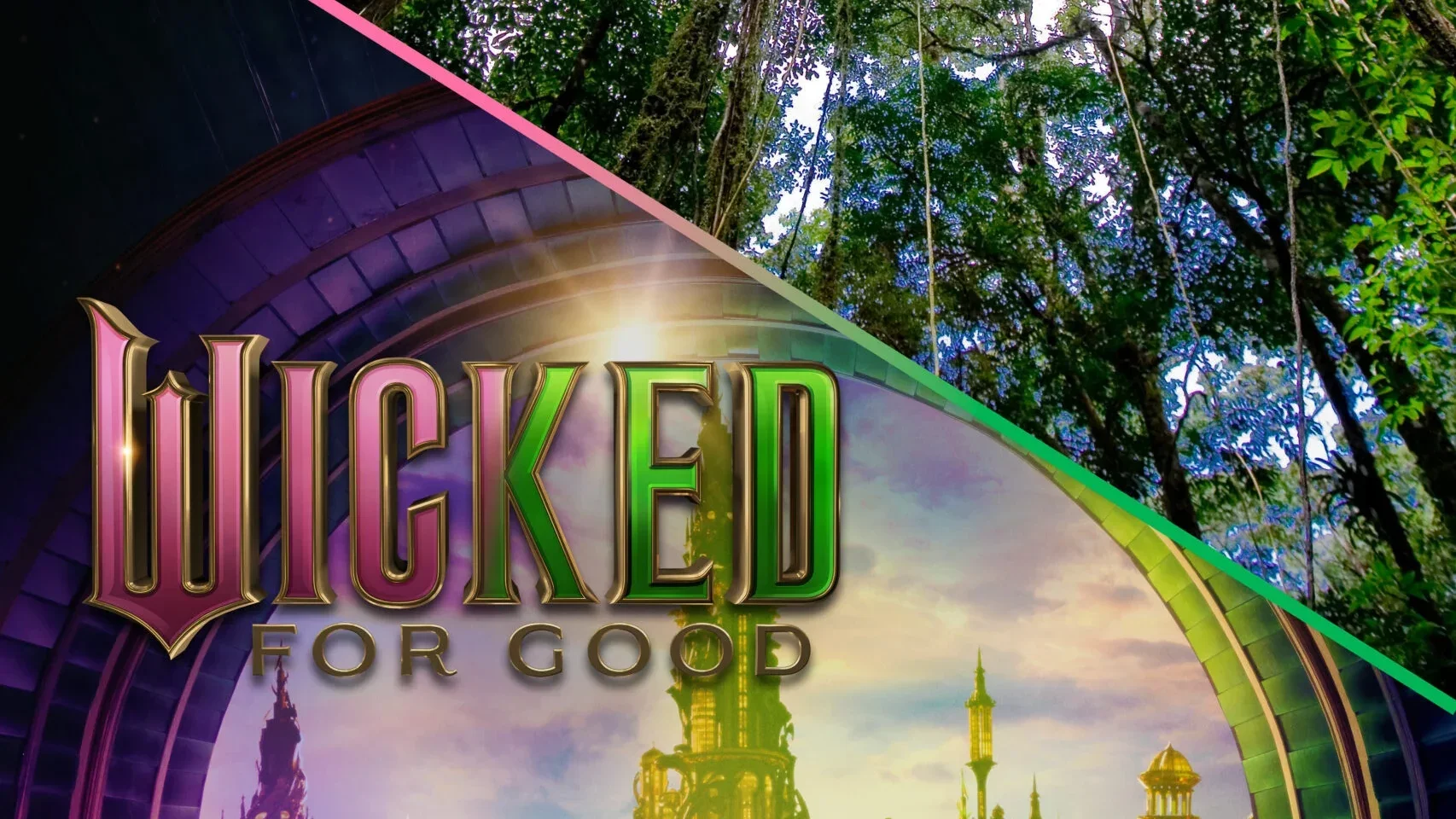
Green for Good Challenge
The themes in Wicked: For Good remind us that we can all have the courage to stand up for what we believe in and to do real good in the world. Being Green for Good means carrying Elphaba's spirit into our own lives - taking everyday steps to protect nature for the greater good.
Join the Challengeopens in new tab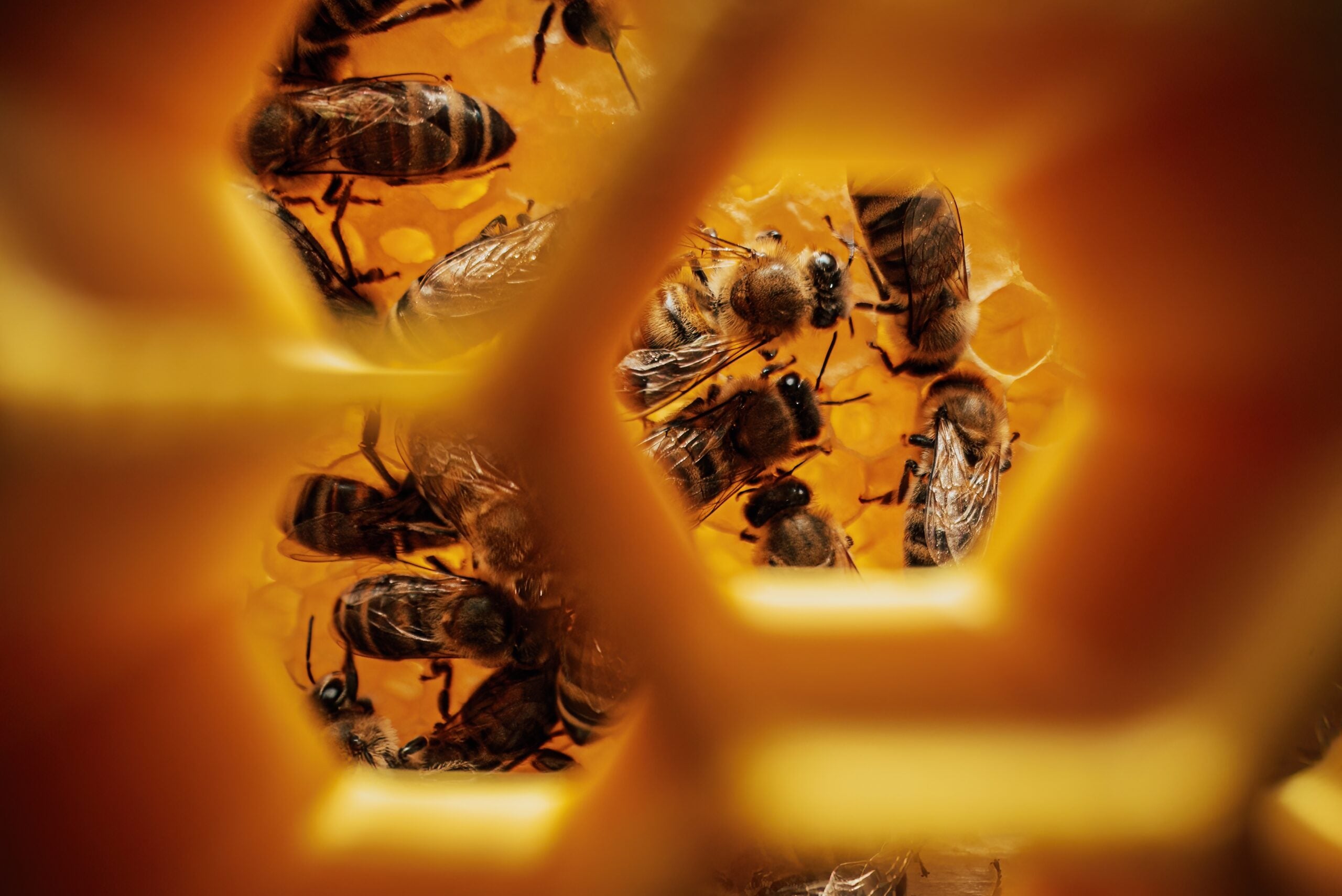
AI for Pollinators
Together, Bee:wild and G42’s AI for Good Lab, are leading Bee:wild’s scientific coalition to develop an AI for Pollinators platform.
Discover the Initiative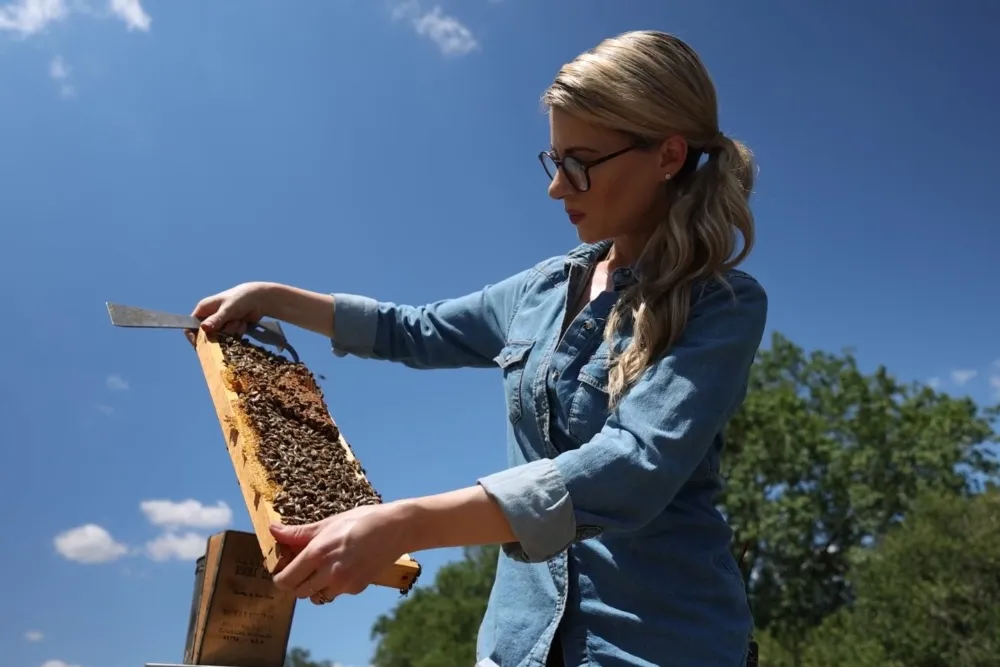
Bee Wild premieres at SXSW London
There’s a new major nature documentary on the way, and it’s called ‘BEE WILD’!
Explore the Storyopens in new tabTake Action
The future of bees—and the health of our planet—depends on what we do today. Discover how you can take action, stay connected, and help create a world where pollinators and people thrive together.
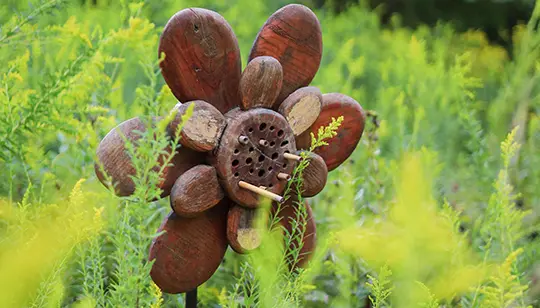
Plant for Pollinators
Choose native flowers that bloom from spring to autumn to ensure a continuous food supply for bees.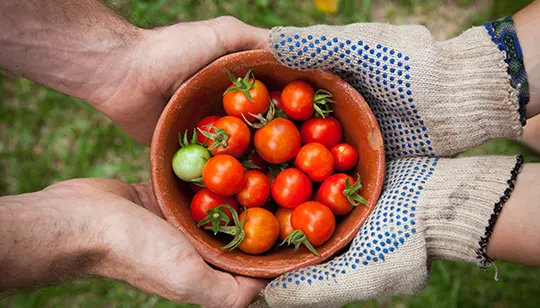
Say No to Harmful Chemicals
Avoid using harmful chemicals in your garden or farm. Reducing pesticide use creates safer spaces for pollinators to thrive.
